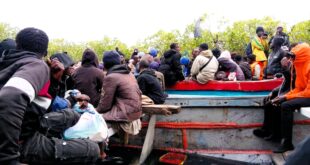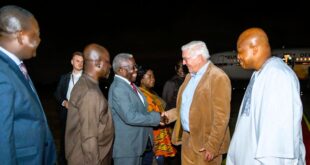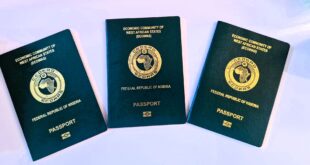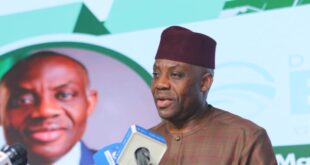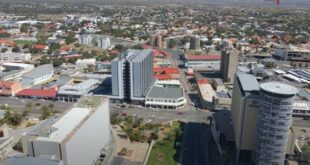Ghanaians are expected to turn out in their millions to elect a new president, or retain the incumbent, and vote for the country’s parliament on Monday, 7 December.
President Nana Addo Akufo-Addo of the ruling New Patriotic Party (NPP), who is seeking another four year term in office, will face former president John Dramani Mahama, candidate of the main opposition National Democratic Congress (NDC), for the third time.
Mahama and Akufo-Addo previously ran against each other in both 2012 (with Mahama winning) and 2016 (with Akufo-Addo winning). The presidential election has been dubbed the “battle of two giants.”
Although 12 candidates are vying for the presidency, including two women, only Akufo-Addo and Mahama stand any chances of coming out victorious as their two parties dominate the country’s politics.
The electoral campaign has been by characterised by contentious debates over the state of Ghana’s economy, infrastructure development, education, corruption and the government handling of the Covid-19 pandemic.
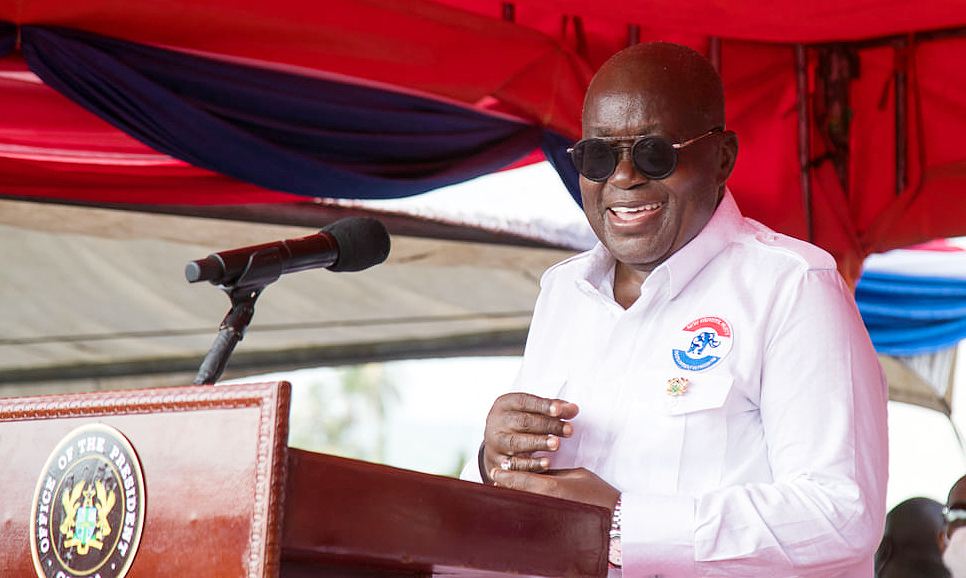
Akufo-Addo,76, claims as his achievements the impressive economic growth during his current four-year term in office as well as the streamlining of government services and implementation of free schooling for senior high school pupils.
Opposition parties say the incumbent president had failed to deliver on his promises to ensure that each district has a hospital during his first tenure. Akufo-Addo had also promised to build a factory in every of the country’s 216 districts and clamp down on corruption.
According to the government’s One District, One Factory (1D1F) initiative website, 28 new factories have already been built while 48 existing factories have been revived under the program. 94 other factories are currently under construction.
On corruption, which is a major theme of the campaign, even though Akufo-Addo appointed a Special Anti-Corruption Prosecutor as he had promised before his election four years ago, the man he appointed Martin Amidu, who is also a member of the opposition NDC, resigned from office last month, claiming that the president was hindering his work.
Amidu, popular anti-corruption campaigner, subsequently described the president as the “mother serpent of corruption” and accused him of leading the “greatest corruption plot in the history of Ghana” (about a financial scheme, called Agyapa Royalties deal, under which Ghana will sell his resources upfront to foreign investors) in a 27-page letter addressed to Akufo-Addo.
The government has denied the allegation but crtics say it has not been transparent on the issue.
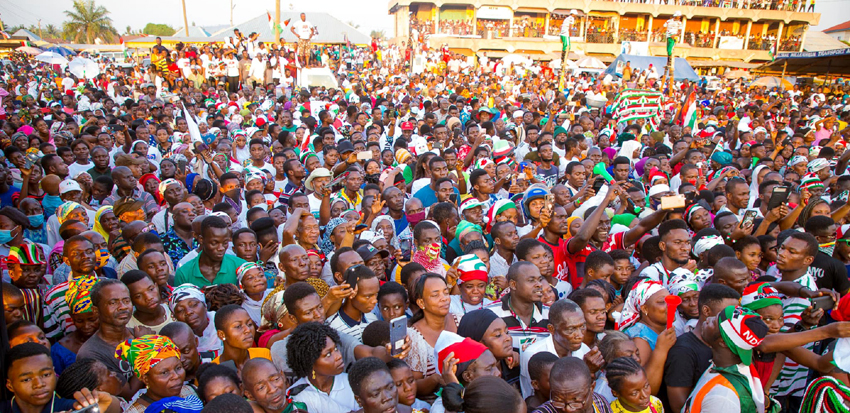
Mahama, 62, has meanwhile stressed that the many infrastructure projects, including roads, bridges, schools and hospitals, he built during his presidency speak for him, promising do more in this area if re-elected. Polls predict close elections, especially at the presidential contest, following the country’s tradition since 2000.
The President of Ghana is elected using the two-round system, whilst the 275 members of Parliament are elected in single-member constituencies using first-past-the-post voting.
A candidate needs to gain at least 50 per cent of votes to be elected in the first round.
Voting will take place at more than 33,000 polling stations between 7 am and 5 pm (0700 and 1700 GMT).
The electoral commission will announce results within 72 hours after the election.
Ghana stands out as the country that has so far successfully managed to conduct presidential and parliamentarian elections and peacefully emerge from electoral campaigns without break down of law and order. After recent elections in Tanzania, Guinea and Ivory Coast, which are deemed not to meet democratic standards, the elections in Ghana become even more relevant for the future of democratic governance in the continent, say analysts.
Abeeb Alawiye
 THE AFRICAN COURIER. Reporting Africa and its Diaspora! The African Courier is an international magazine published in Germany to report on Africa and the Diaspora African experience. The first issue of the bimonthly magazine appeared on the newsstands on 15 February 1998. The African Courier is a communication forum for European-African political, economic and cultural exchanges, and a voice for Africa in Europe.
THE AFRICAN COURIER. Reporting Africa and its Diaspora! The African Courier is an international magazine published in Germany to report on Africa and the Diaspora African experience. The first issue of the bimonthly magazine appeared on the newsstands on 15 February 1998. The African Courier is a communication forum for European-African political, economic and cultural exchanges, and a voice for Africa in Europe.

